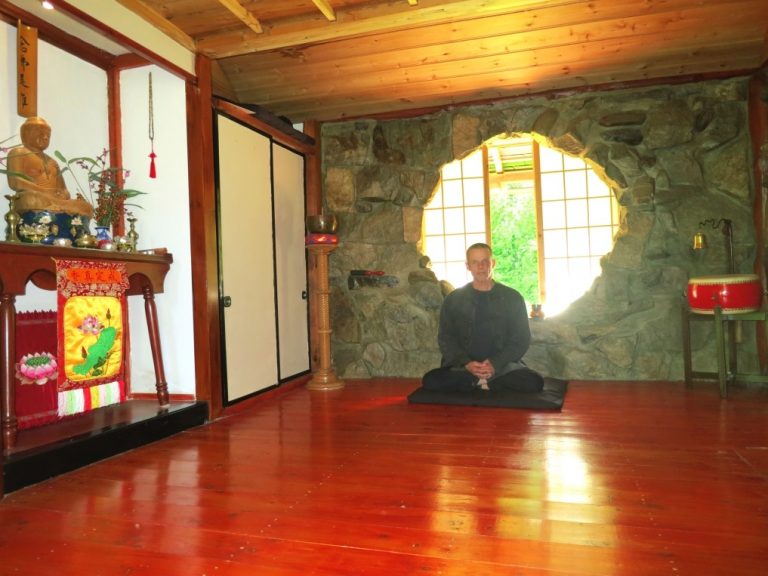

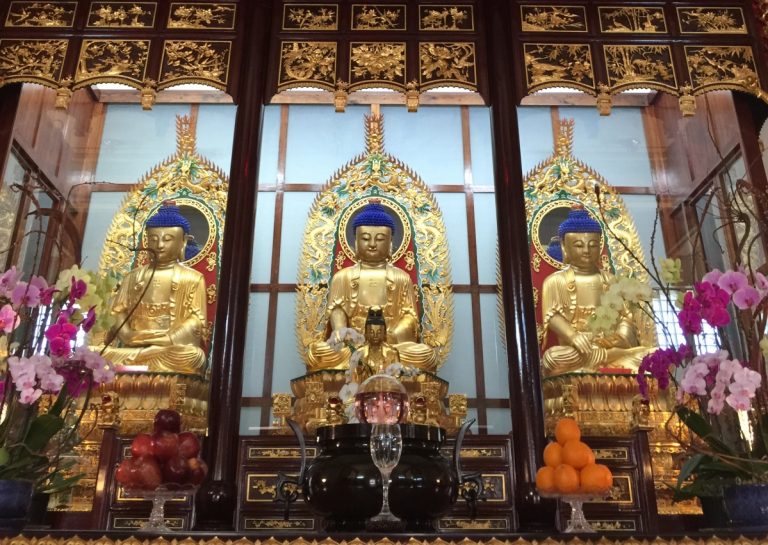
Tradition and Innovation: Chinese Buddhism Beyond Asia
This year’s special issue discusses how Chinese Buddhism, one of the oldest and most influential East Asian expressions of the universal Dharma

Does a Philosopher Have Buddha-nature?
In my previous article,* I introduced a method of reading Japanese Buddhist texts, especially writings by the Japanese Zen master Dōgen (1200–53).** Here, I would
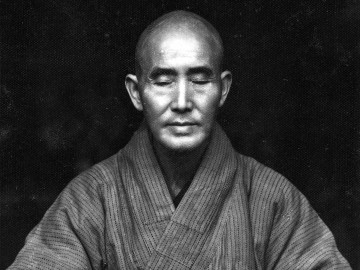
Teachings by Master Xu Yun on “Huatou”-style Practice in Chan
The Chan master Empty Cloud (Xu Yun; 1840–1959) is known for his simple and direct teaching method. Here are some examples of his instructions to
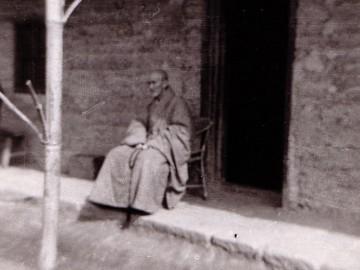
Chan Master Empty Cloud
Master Empty Cloud, or Xu Yun (虚雲), was born in Fujian Province in southern China during the Qing dynasty (1644–1911), on 26 August 1840. This
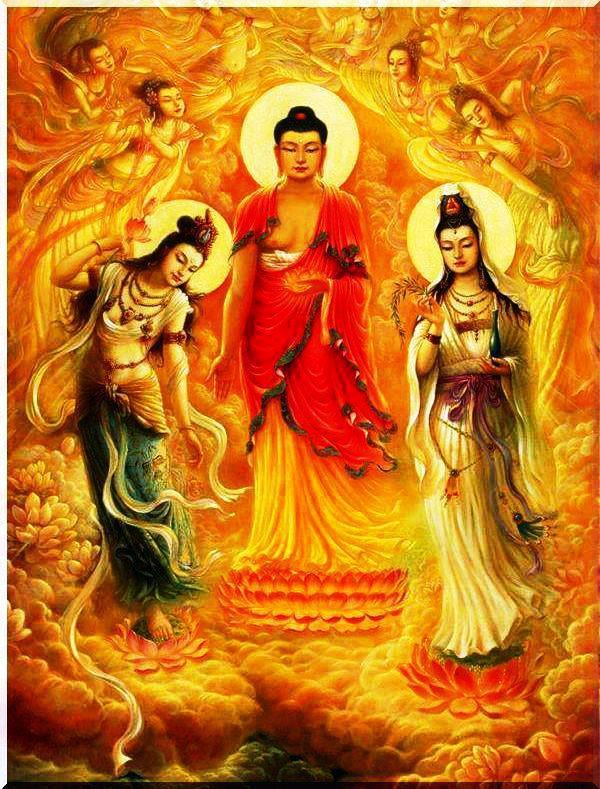
Does the Pure Land Really Exist? (Part 2)
The eyes and ears of sentient beings are limited in their scope and we have very limited knowledge. Moreover, many Pure Land practitioners have witnessed
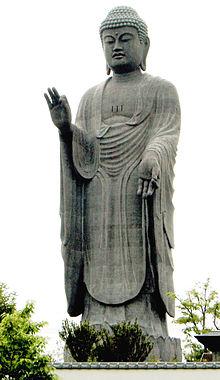
Does the Pure Land Really Exist? (Part 1)
Of all the Chinese Buddhist traditions, Pure Land Buddhism has perhaps the largest following. Although the Pratyutpanna Sutra (which describes a fairly advanced form of Pure Land

Xin Xin Ming: “Song of the Truthful Mind”
Song of the Truthful Mind Jianzhi Sengcan was the Third Ch’an or Zen Patriarch in China, who has been credited with composing a verse called Xinxin
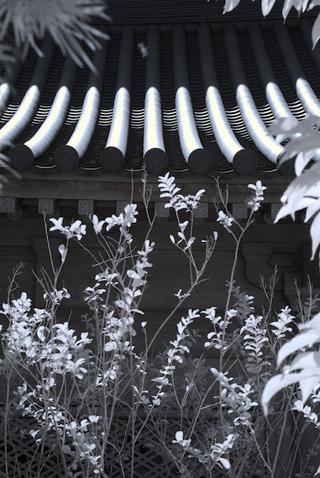
Buddha Tang: Pure Land, Ch’an, and the Heritage of Chinese Buddhism
A tremendous portion of Chinese Buddhism’s rich inheritance is drawn from two traditions. On the one hand we have the deeply devotional Pure Land, where

Koan or Huatou in Chinese Chan Buddhism
Introduction Koan is a Chan case study that is to be intuitively contemplated to awaken Gnosis. It may be formatted in the forms of story,

